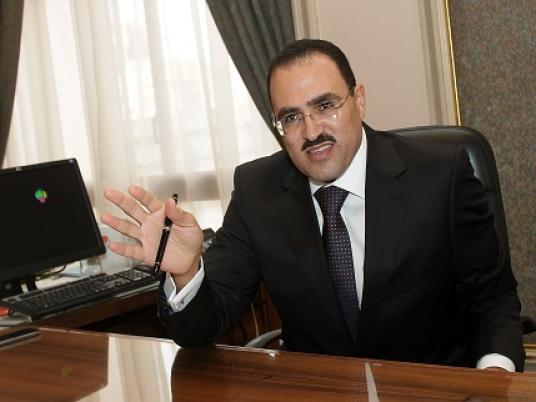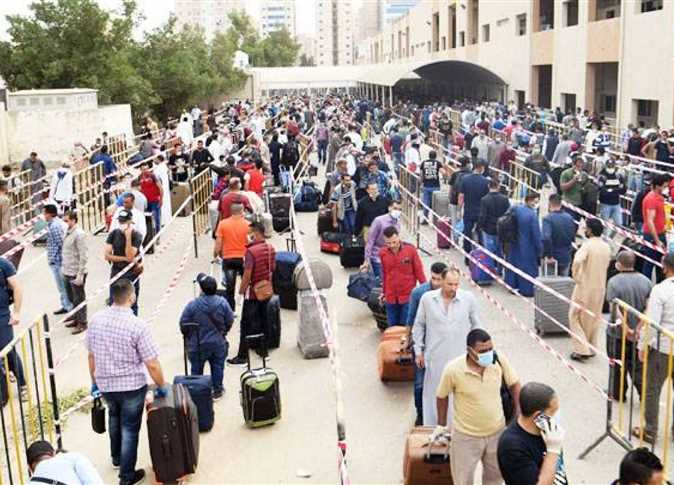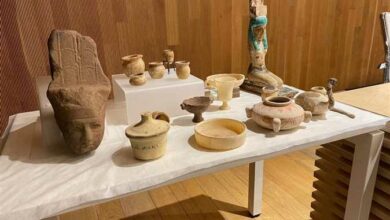
In a joint statement, 180 diplomats decried what they claimed were orders from the Foreign Ministry to defend President Mohamed Morsy's controversial constitutional declaration.
The diplomats were allegedly sent a document justifying Morsy's declaration and urging them to support the decree in their respective missions, saying it does not give the president new powers since he already held legislative authority.
“The president tried to bring back the dissolved Parliament but the Supreme Constitutional Court, whose members were appointed by ousted President Hosni Mubarak, rejected the decision," it added.
The mostly mid-career diplomats said in their statement that they were sent “an information telegram” ordering them to support the declaration.
“Protecting Egypt’s national interest and protecting our Egyptian communities abroad are the core of our diplomatic missions, which obliges us to steer away from internal political conflicts, or current political face-offs,” their statement read.
Foreign Ministry spokesperson Amr Roshdy on Sunday denied that any letter of the kind was sent to foreign missions, saying that the ministry serves national interest, not political regimes and that no instructions were given to Egyptian consulates and embassies abroad "to defend the recent constitutional declaration."
He explains that “notifying Egyptian embassies and consulates abroad about official statements and local developments is routine procedure."
One of the diplomats who signed the statement spoke to Egypt Independent on condition of anonymity, saying this was the first time orders have been given to support a presidential decision since Morsy's ascendance to power, but adds that there was no more pressure put on them after the information telegram.
According to the diplomats, the telegram presented an “inaccurate reading of the constitutional declaration, as well as false information regarding the numbers of withdrawals from the Constituent Assembly."
The telegram claims that only 16 out of the 100 assembly members have withdrawn, which the diplomats say is obviously false.
“It is not a secret to anyone inside or outside Egypt that things are not as [they are presented in the telegram]. Therefore, circulating this news undermines our credibility in the countries where we work," the statement says.
The justifications detailed in the telegram are also counter-intuitive since these countries "have access to more accurate information from their own diplomatic delegations in Egypt."
Roshdy says, “The Foreign Ministry is a public national institution owned by all Egyptians and does not take the side of any political trends or adopt specific views related to local affairs."
"It's only role is to defend national interests, which doesn’t change even when political regimes change,” he adds.
Former Ambassador to the United Kingdom Mohammed Shaker tells Egypt Independent that it is important to examine the language of the telegram to determine the nature of what was said to diplomatic missions.
“It is typical for the ministry to update diplomats across the globe about internal political developments, but the language should remain neutral. If the language is biased or carries any encouragement to support political decisions, the diplomats have the full right to protest,” he says.
Diplomats are not allowed to join any political parties because they represent the Egyptian state and people, without defending the viewpoints or affiliations of the ruling regime.
“If the telegram was truly sent using this language, it is important for the diplomats to take this stance,” he explains.




